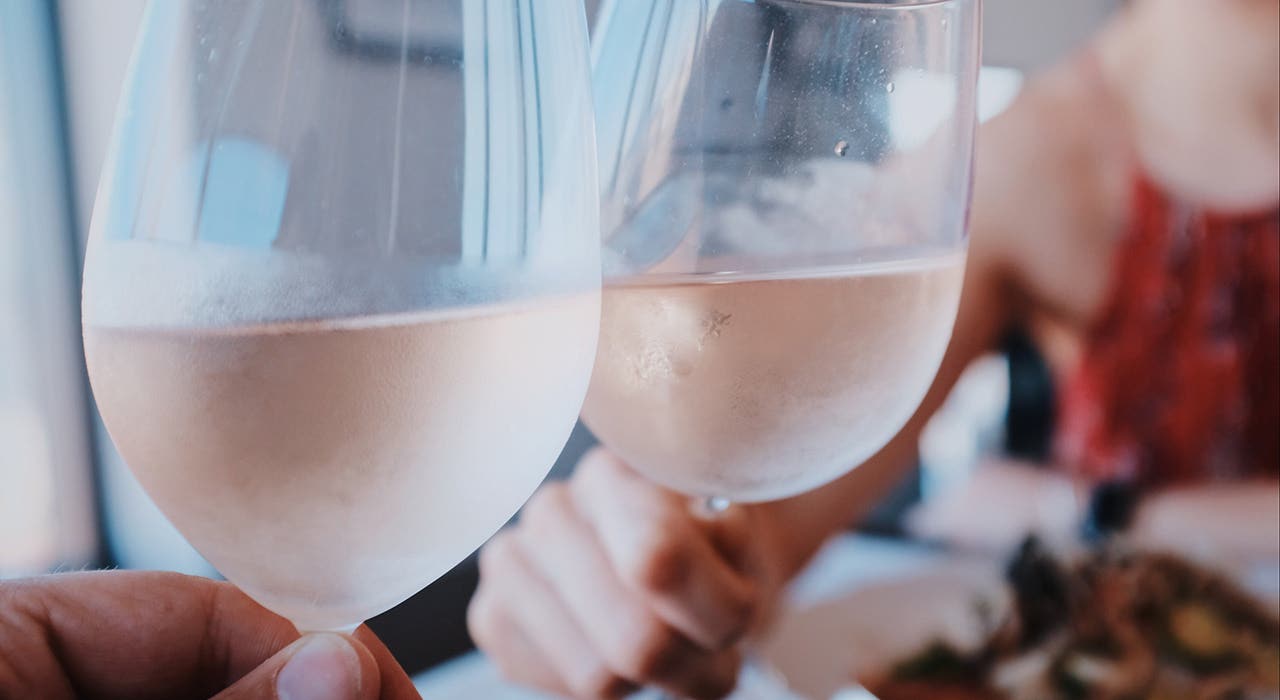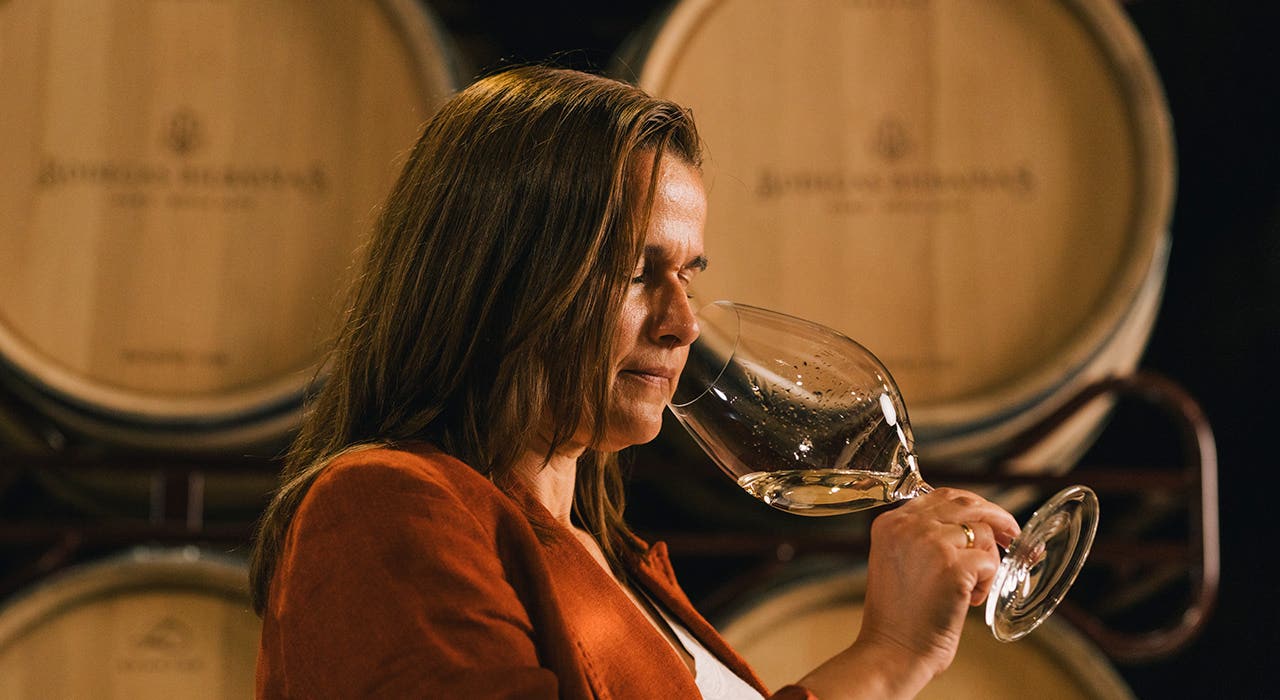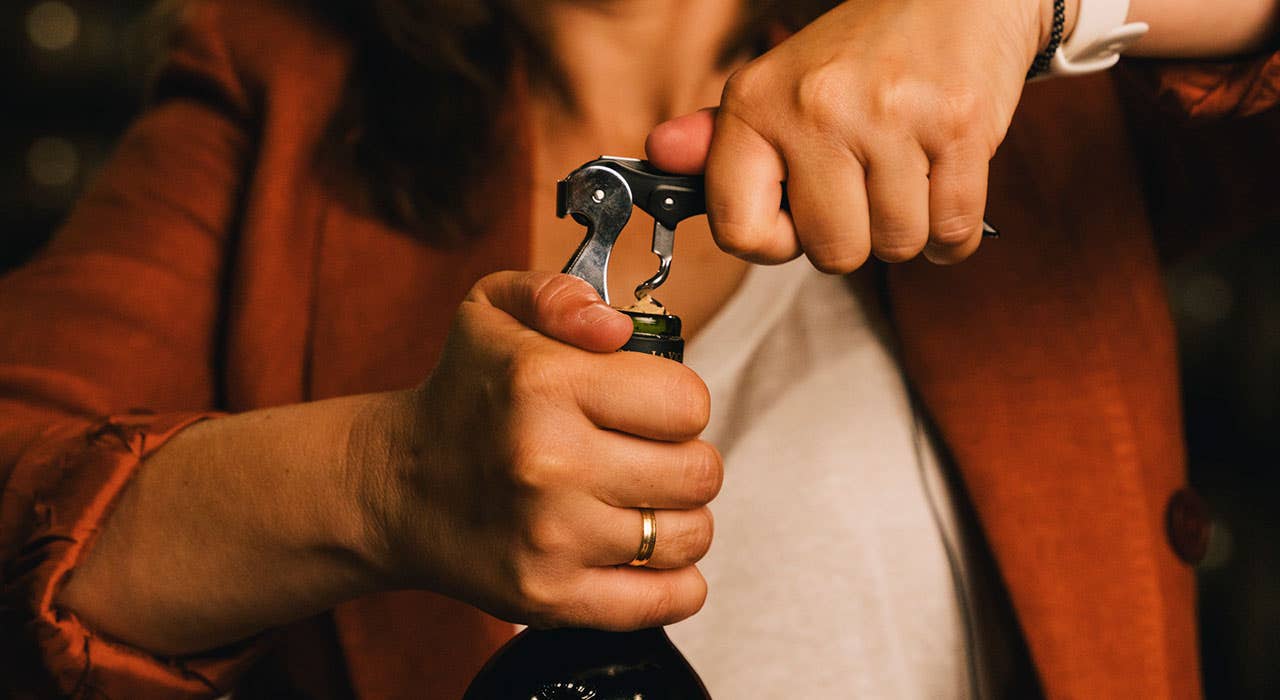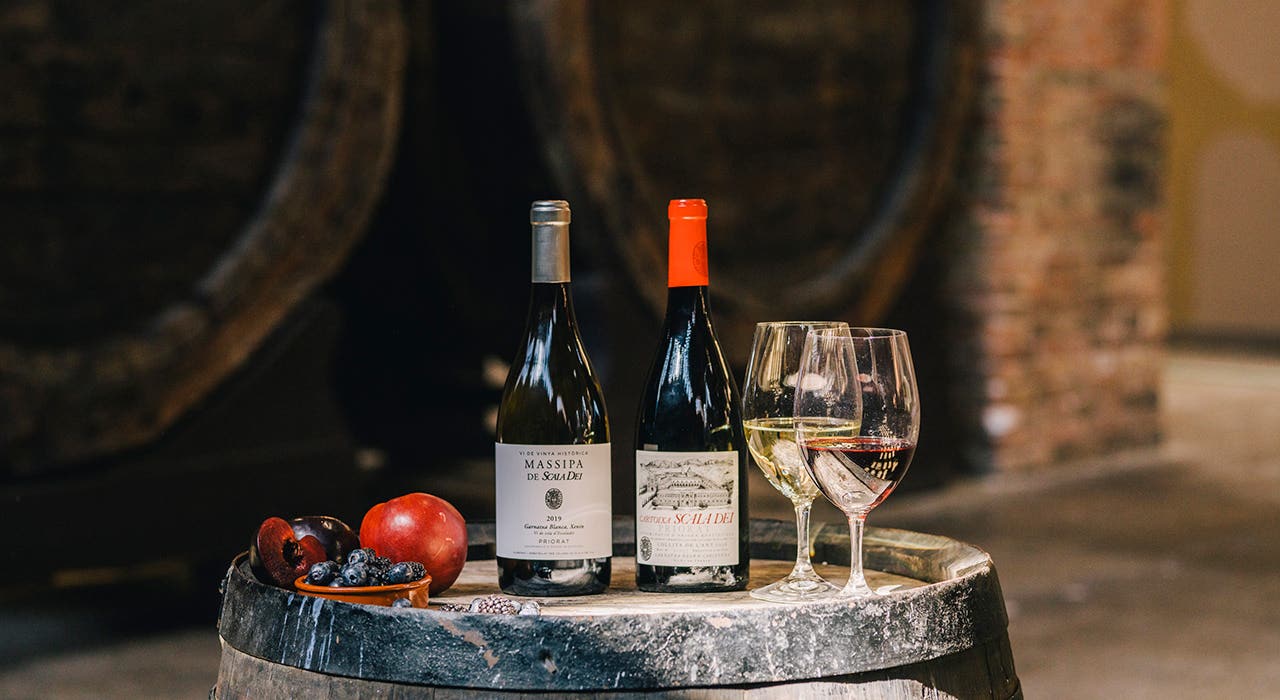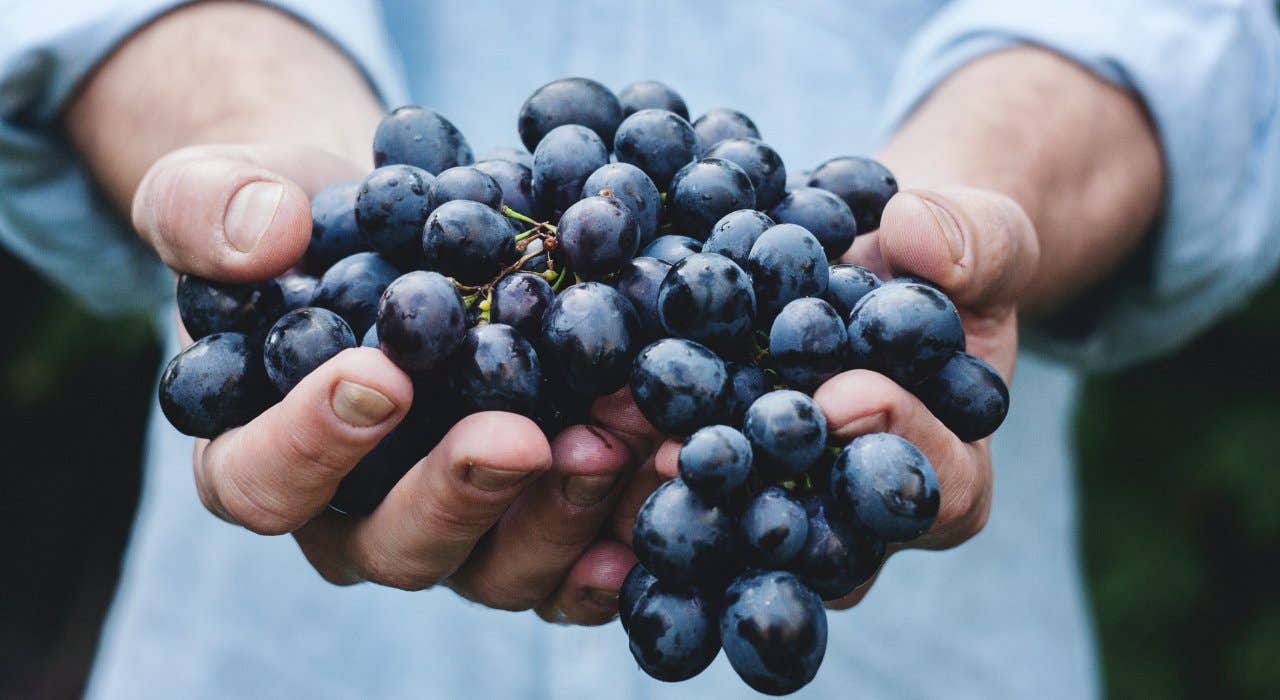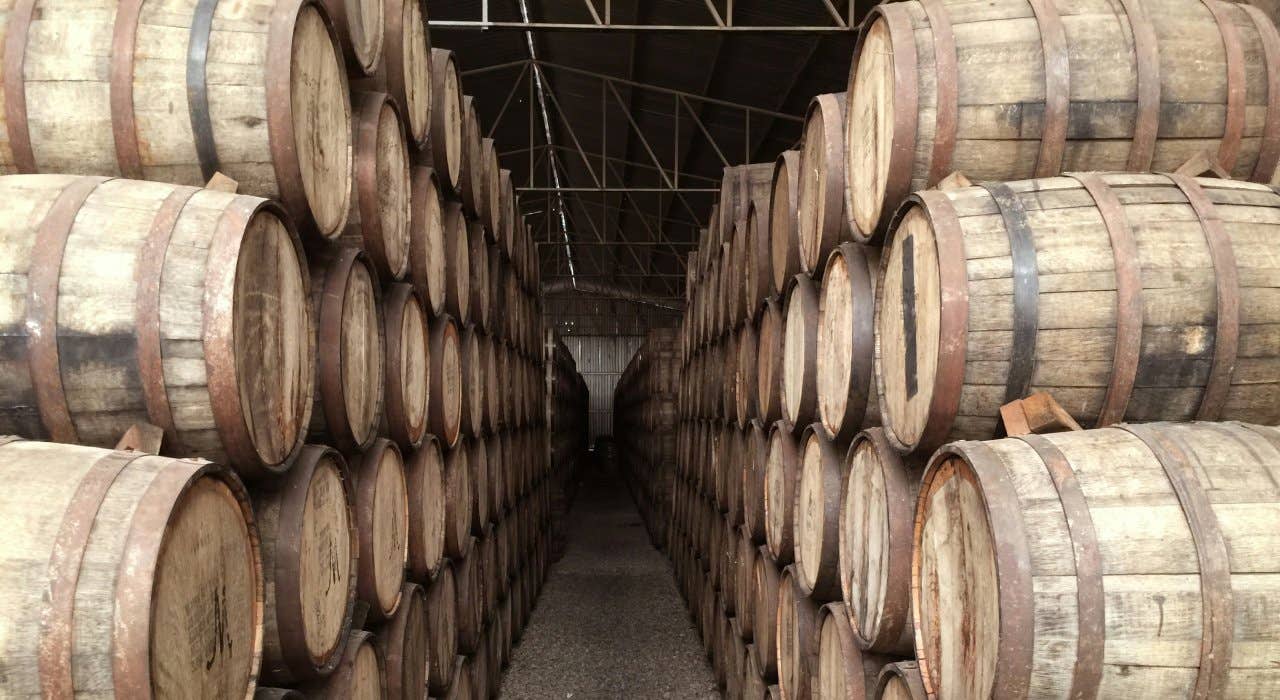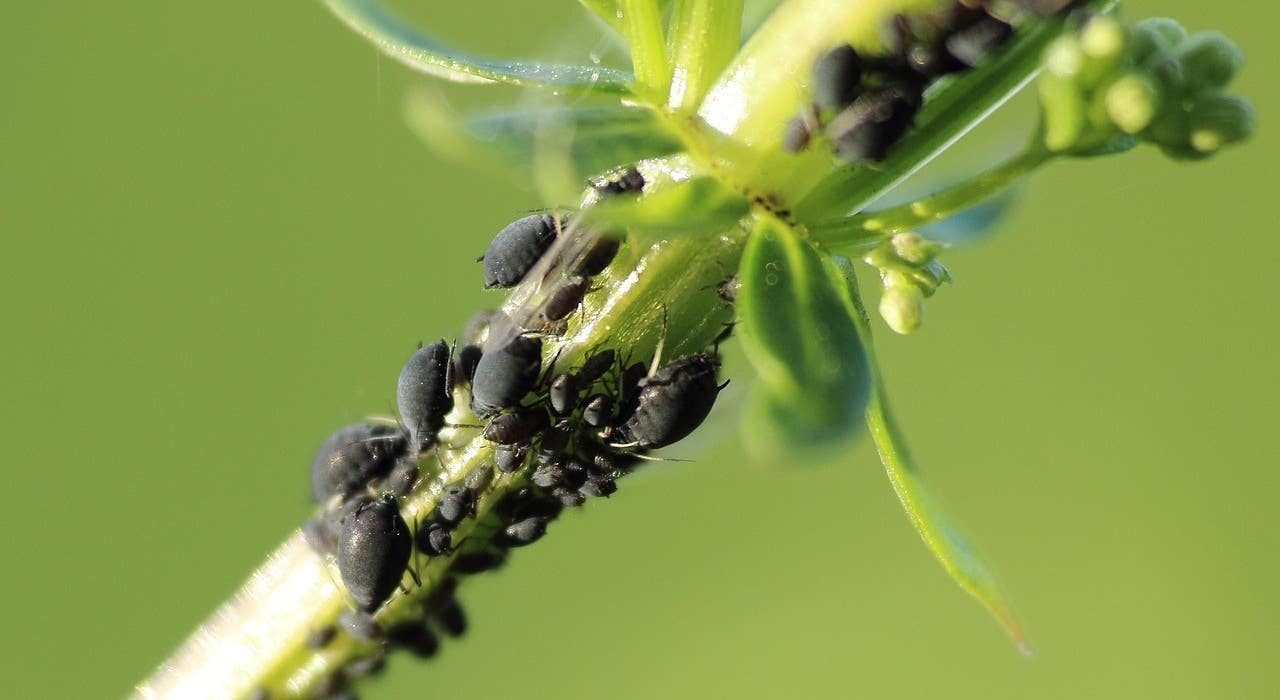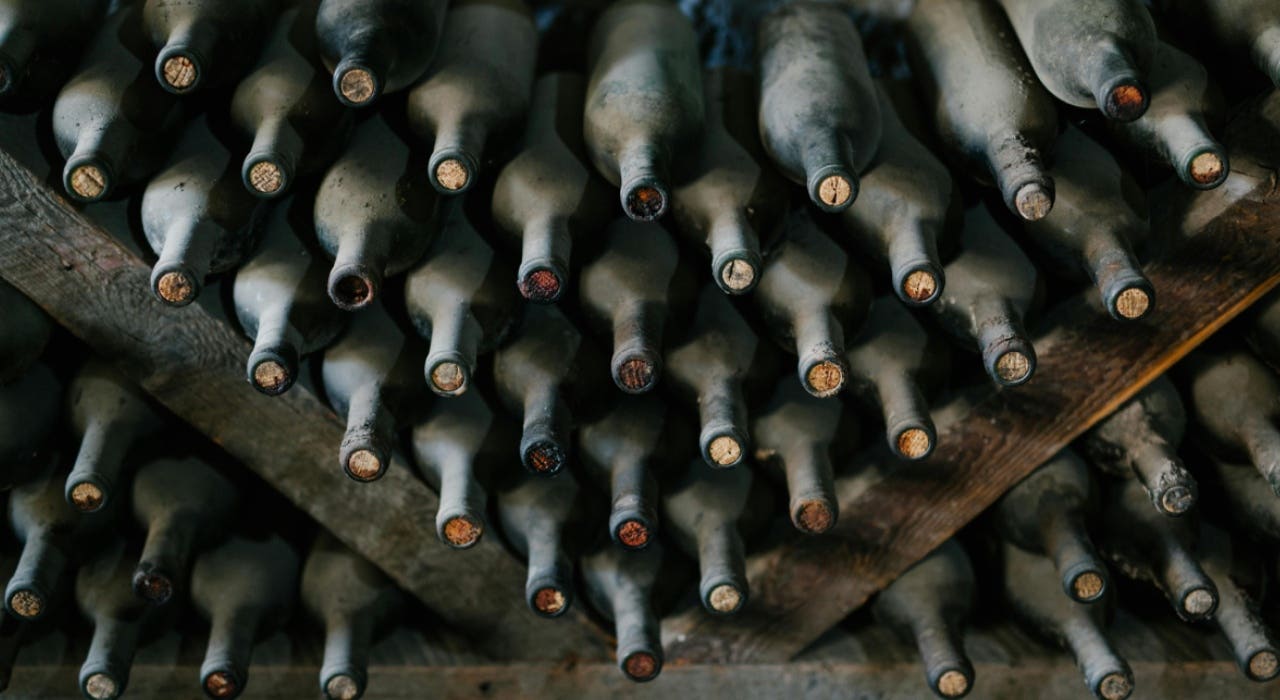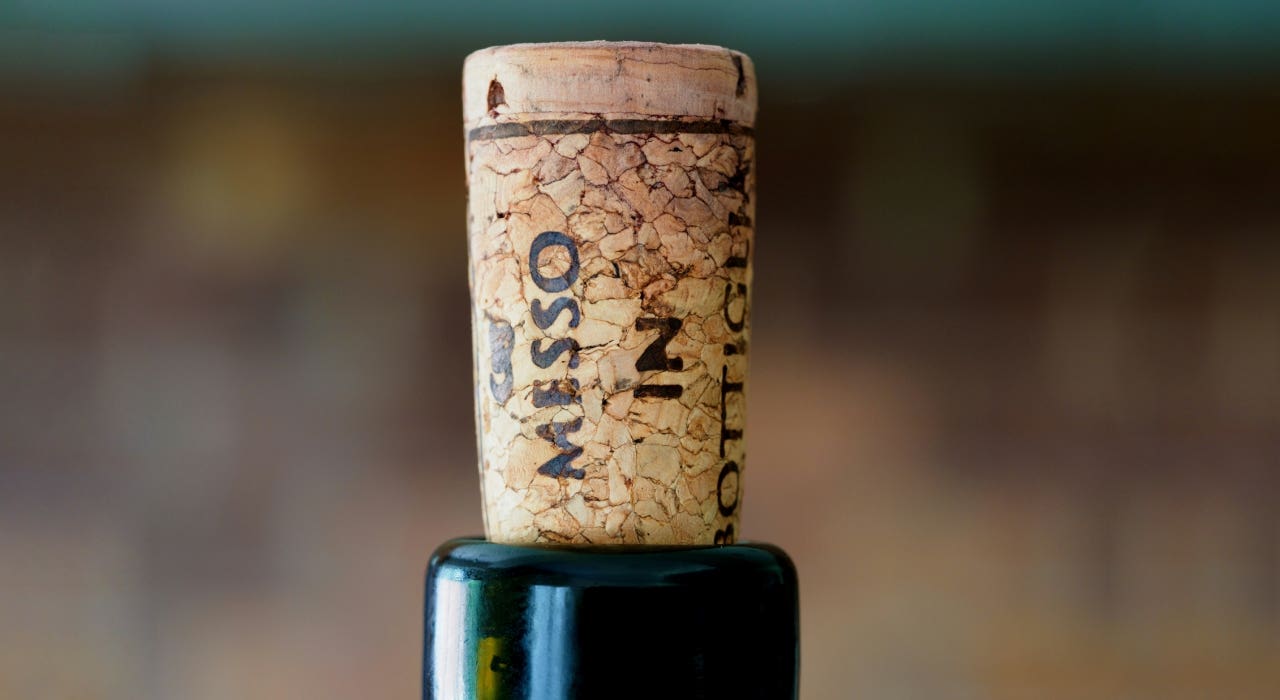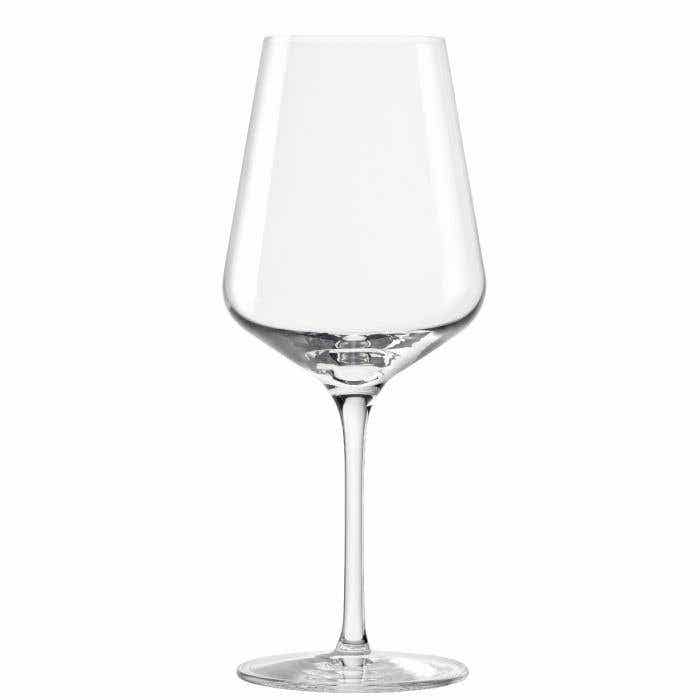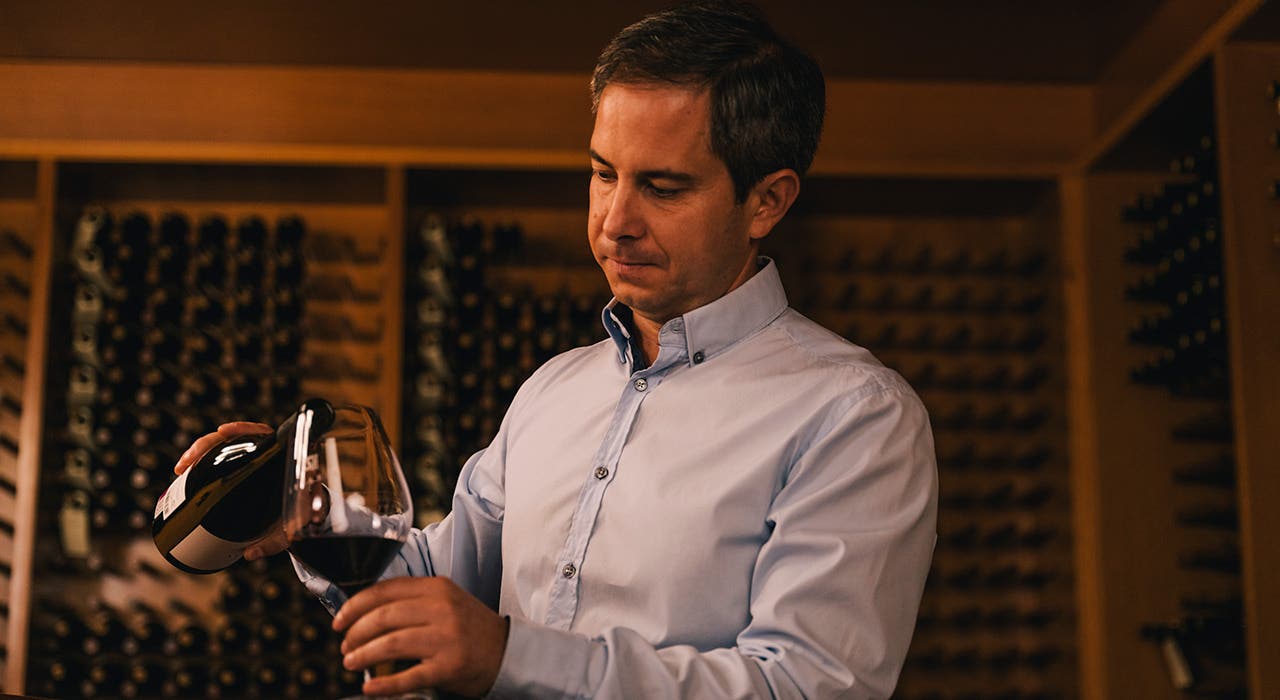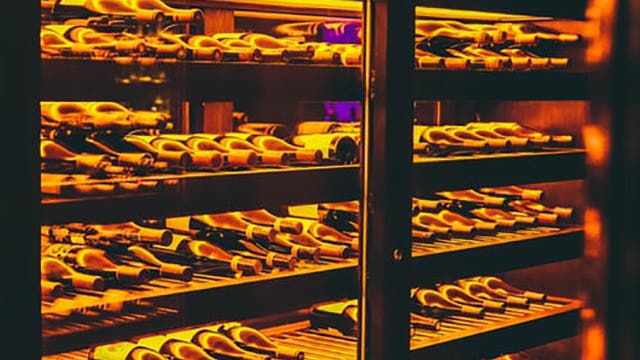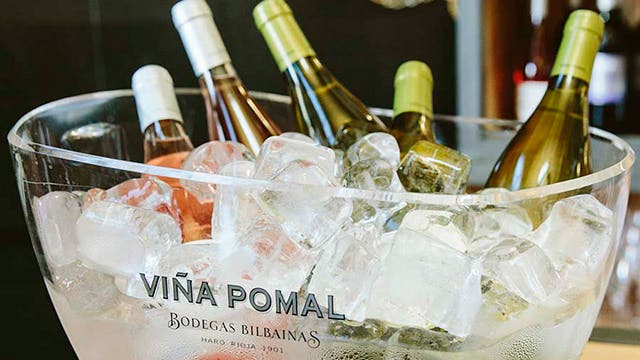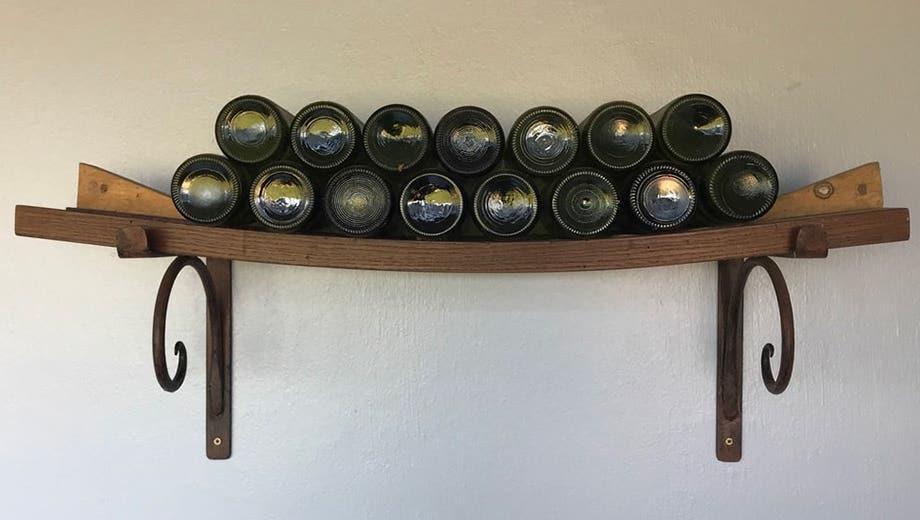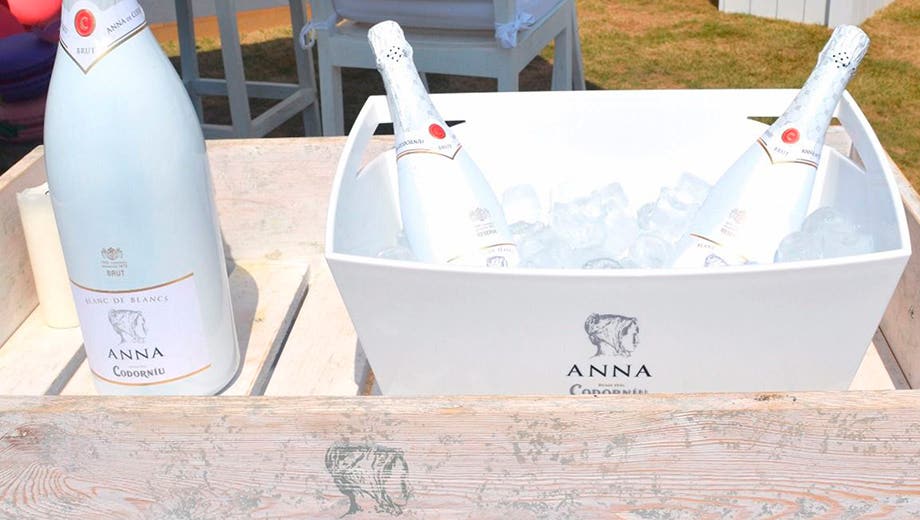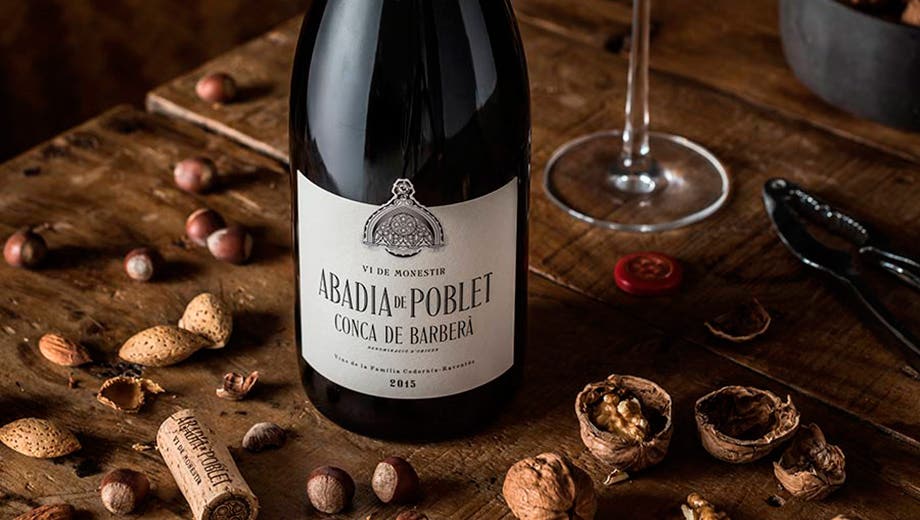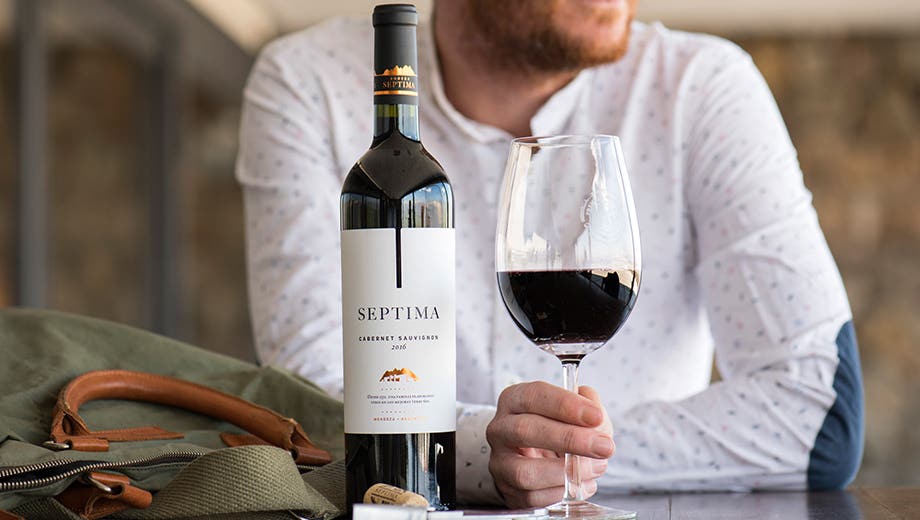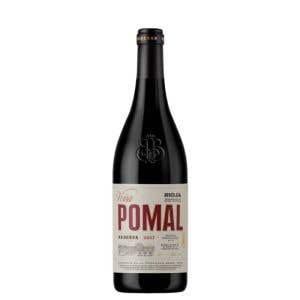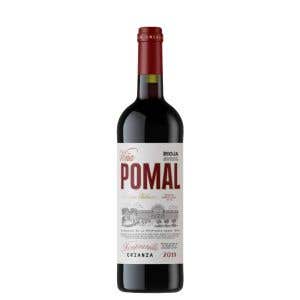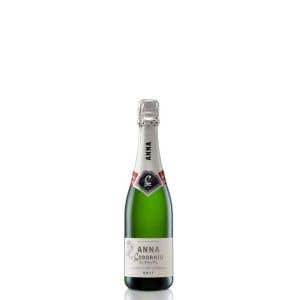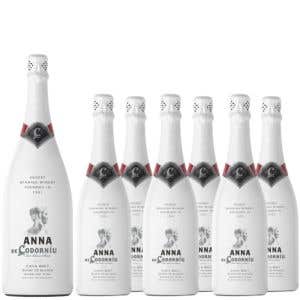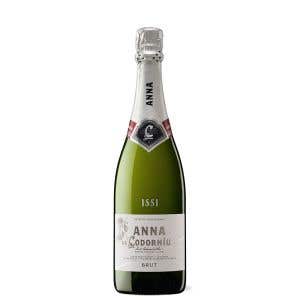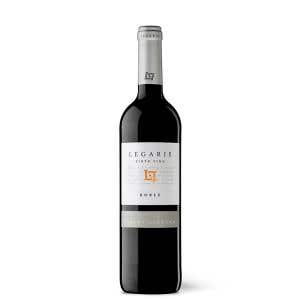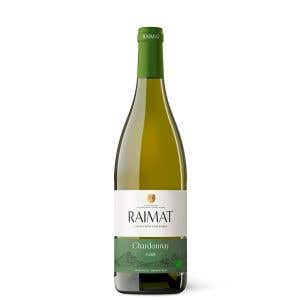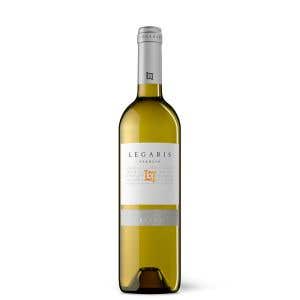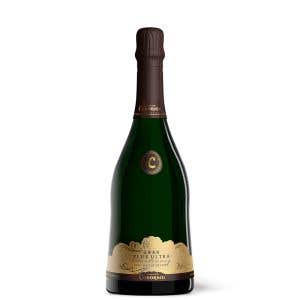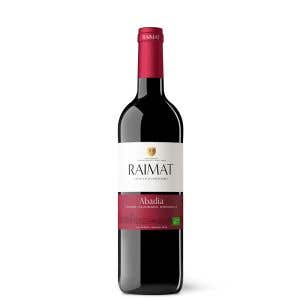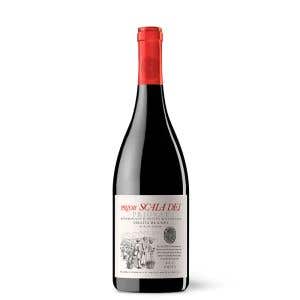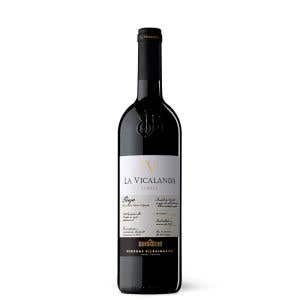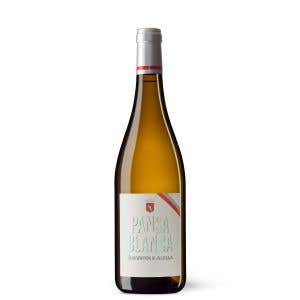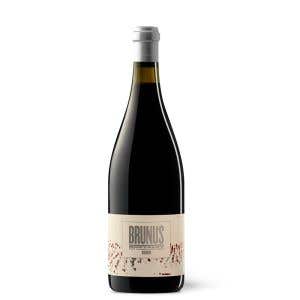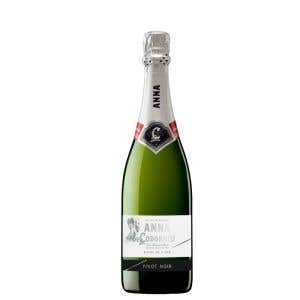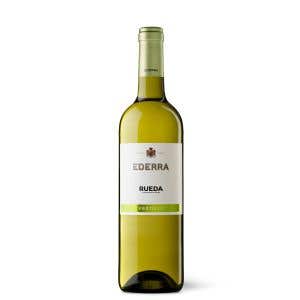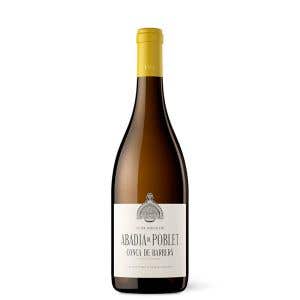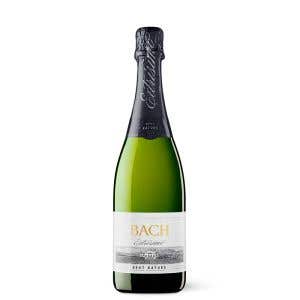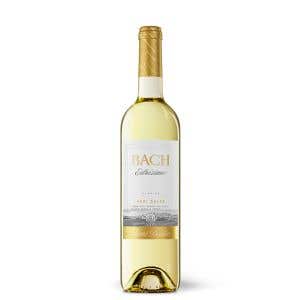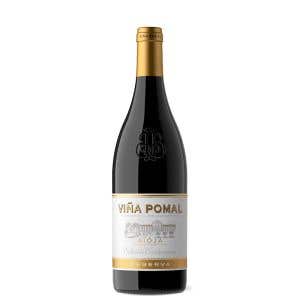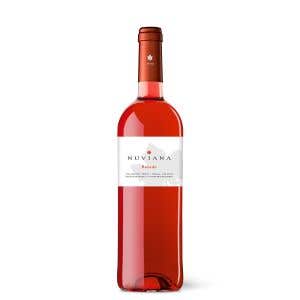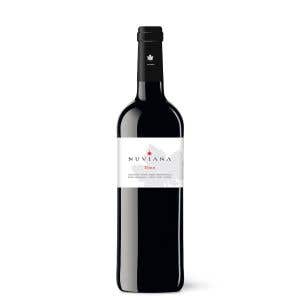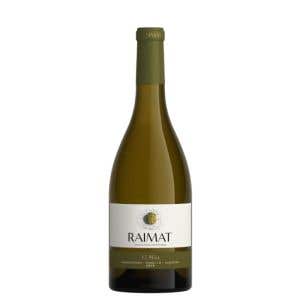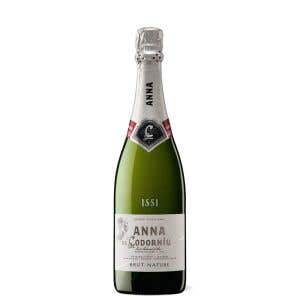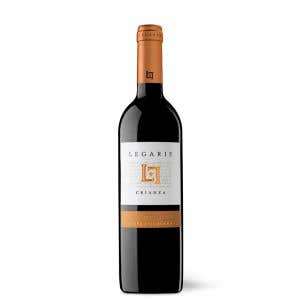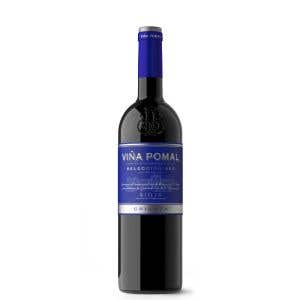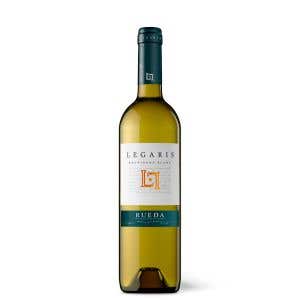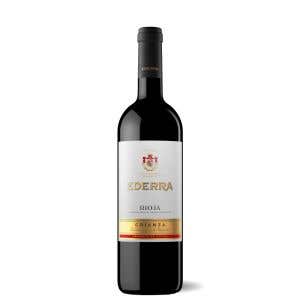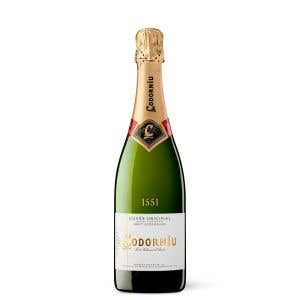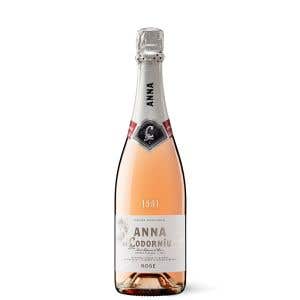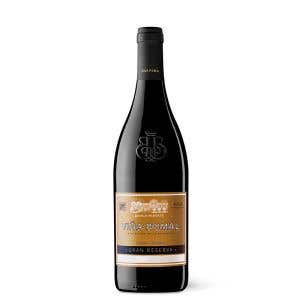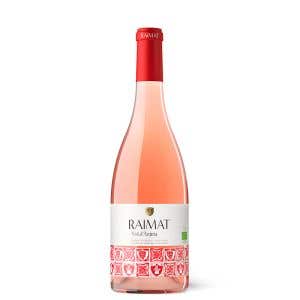To enjoy a good bottle wine and keep it in optimal condition while it is stored, it is vital that you know how to properly store wine at home. In this article, we give you some tips so that every time you open a bottle, you’ll enjoy your wine in the best conditions possible.
Why is it important to know how to store wine?
Although the first impression that we catches our eye is how the wine presents in the glass which corresponds to the type of wine, and then in the elegant ice buckets used, and in the flavor and the texture of the main features during the tasting. If you store therefore, your wine bottles, for example, next to the microwave or refrigerator, you should change that ASAP because if you don’t, it is likely that the magical moment when you open a bottle of wine to delight your palate, the taste will be ruined.
You must understand that wine needs to be pampered. Remember that, although it is bottled, it continues to mature and evolve, and therefore, requires appropriate environmental conditions for its preservation, so that when it is uncorked it has developed its greatest potential. .
You have to pamper the wine so that when you uncork it, it is at its optimum point.
Recommendations for storing wine at home
It’s obvious that having a refrigerated wine cooler at home would be the perfect solution, but if you don't have the space or plan to buy one right now, don't worry. In the following lines, you will find a few tricks to maintain the quality of the wine in your home with satisfactory results.
Watch out for sudden changes in temperature
If you don’t want your wines to spoil, they should be stored at a constant temperature between 12 ºC and 16 ºC. You should avoid storing bottles in places where there may be a sudden rise or drop in temperature. We recommend that, if possible, you store the bottles in a cellar, basement or storage room, and always away from heaters or air conditioners. What’s more, it’s a good idea to place a thermometer near the wines to monitor the temperature.
Control the ambient humidity
Always choose a cool place with a humidity between 70% and 80%. This way, the cork will remain in perfect condition and will neither dry out nor get damp. Why is it so important to keep the cork in good condition? If the cork dries out, it may shrink and let air into the bottle, leading to the premature oxidation of the wine. If, on the other hand, the cork becomes too damp, this creates the perfect conditions for mold and fungus to appear, which would easily spoil the wine.
To find out if your storage site has the optimum levels of humidity, we advise you to use a hygrometer and place it next to the bottles. This way, you will have the conditions your wines are stored in under control, and you will be able to do something if the room experiences big changes in humidity.
Keep out of direct sunlight
Direct exposure to light, both natural and artificial, accelerates the degradation of wines and favors chemical reactions such as oxidation, with the consequent loss of quality. Find a dark place for storage, if possible. But if this is not possible, store the bottles in closed cabinets or buy wines that come packaged in boxes or cases.

